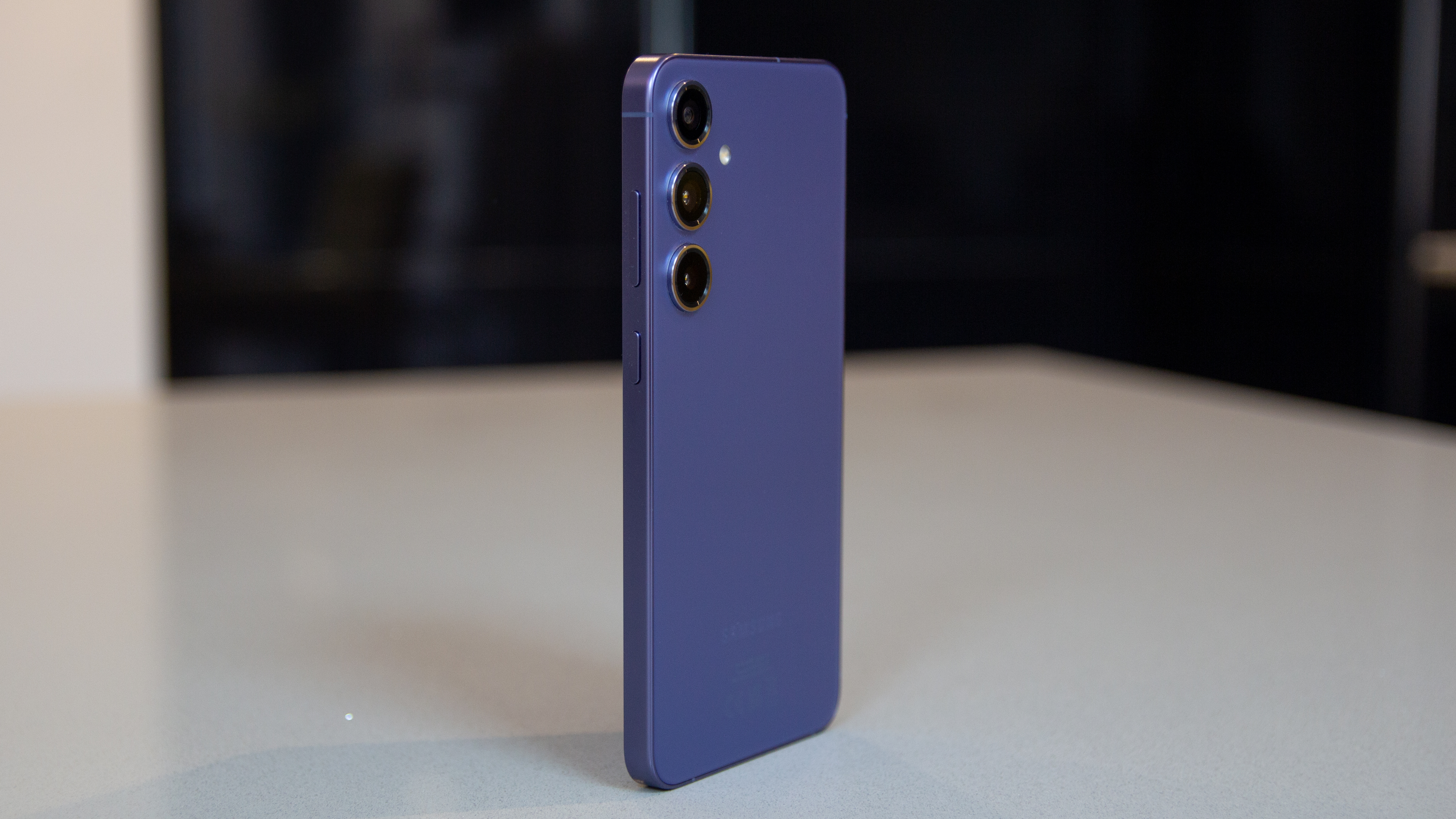
Samsung is reportedly planning to drop Snapdragon processors altogether for its next flagship phones, the Samsung Galaxy S25 Series.
This move suggests that Samsung is growing confident in the performance of its own Exynos hardware.
For a number of years, Samsung has switched between Qualcomm's Snapdragon hardware and its own Exynos hardware to power its flagship devices. Typically, China and the US get Snapdragon, while the UK, Europe and other regions get Exynos. That might all come to an end with the launch of the Samsung Galaxy S25.
Rumours suggest (via 91mobiles) that Samsung plans to make the switch for the Samsung Galaxy S25 Series so that it's all Exynos powered. That will be the Exynos 2500 specifically and see the Snapdragon 8 Gen 4 ditched.
Samsung has been back and forth with its hardware over the past few years. The Samsung Galaxy S23 Series was notable because it was all Snapdragon, globally, with Samsung making a big deal of the Snapdragon for Galaxy hardware that powered it. It was a surprise to see Samsung switch back to Exynos in the Galaxy S24, but that might indicate a growing confidence in the performance of its own hardware.
Samsung has long been known to want to use its own hardware exclusively in handsets, but this switch might be more complicated than it first appears.
Why is Samsung planning this change now?
It has been suggested that Samsung might be planning to move the Galaxy S devices onto Exynos globally, while sticking with Snapdragon hardware on the Galaxy Z. That would perhaps reposition the folding phones as the true flagship models above Galaxy S in the mind of some customers.
Certainly, the Galaxy Z Fold models have been much more expensive than the Galaxy S, but the Z Flip has not. In many ways, the Galaxy Z Flip makes compromises when compared to the top Galaxy S models, but it's still one of the best folding phones you can buy.
The strategy might allow differentiation between the different model families, but that nuance might be lost on many buyers. Ultimately, I suspect that the real motivator will be price. Using Exynos hardware is likely to have lower cost implications for Samsung and that could allow Samsung to either increase its profit margin on devices, or lower prices to increase attractiveness compared to cheaper rivals.
How different is the performance of these chips? From personal experience, it's likely that in previous generations of Exynos and Snapdragon hardware in device, many customers would never notice the difference. There will always be differences in benchmarking performance, but for many smartphone users browsing, on social media, using Google Maps, there's very little difference.
Snapdragon is generally known for offering better graphical performance, but that might only impact on hardcore mobile gamers; Exynos has, at times, offered better battery life. Ultimately, when it comes to this new hardware, both are still in development and the relative performance of this hardware remains to be seen.






